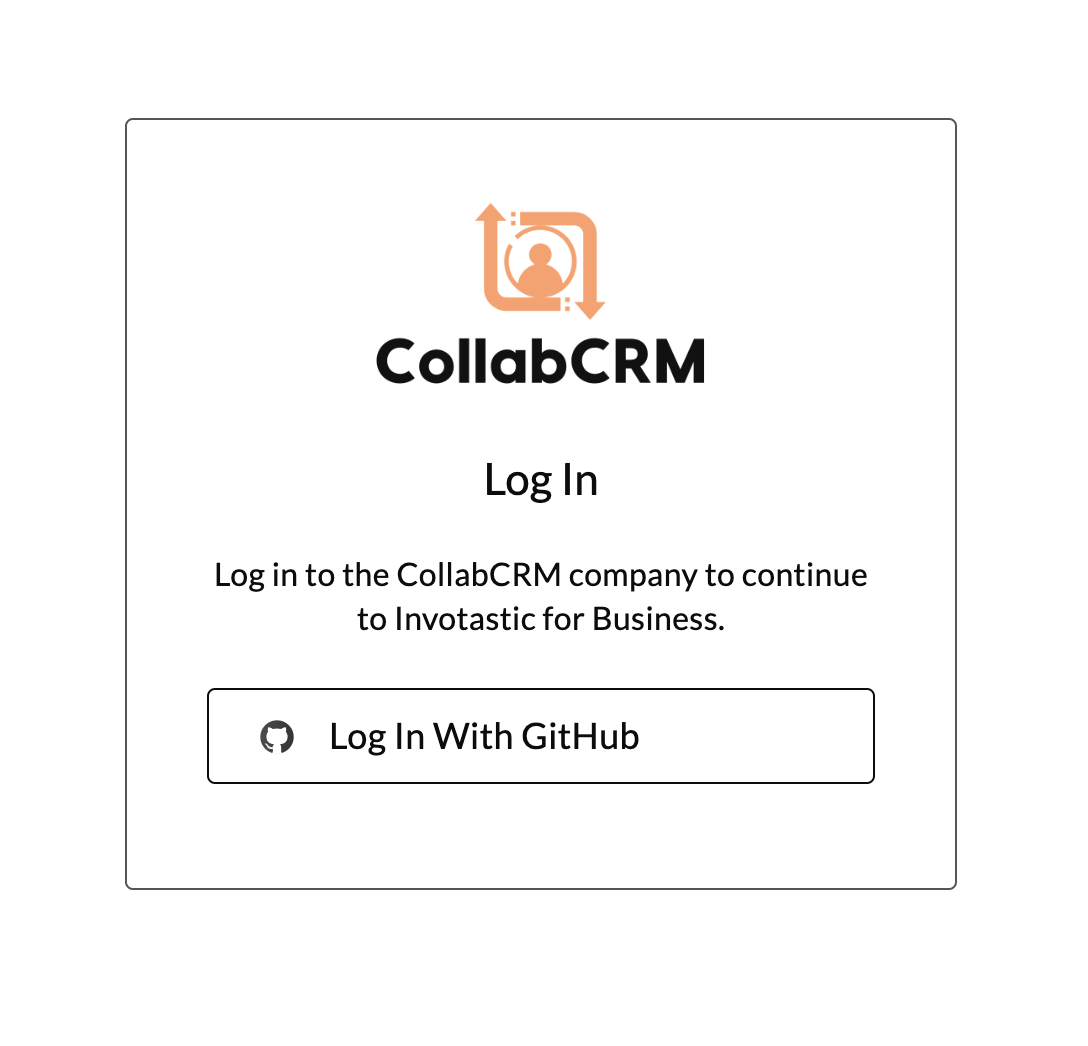Github (OAuth2)
This step-by-step guide details how to set up a GitHub social login integration in Wristband.
Tenant-Level Social Login
This guide outlines the process for implementing social login at the Application Level. The steps are consistent when configuring social login at the Tenant Level, with the only difference occurring in the Wristband dashboard. In this case, you would select a specific tenant for configuration and override purposes.
Setting Up a GitHub OAuth2 Integration
This step-by-step guide details how to set up a GitHub social login integration in Wristband.
Step 1: Locate Your External IDP Callback URL
- In the Wristband dashboard, enter Application View for the application you wish to establish a GitHub integration.
- Navigate to the
Identity Providers > Socialmenu in the side navigation. - After landing on the Social Identity Providers page, select the GitHub provider icon at the top.
Copy the "Redirect URL" from the form.

Step 2: Sign Up/Login to Your GitHub Account
Before completing the configuration of the GitHub Social Login Identity Provider in the Wristband dashboard, log in to your GitHub account here (make sure you have a GitHub account registered).
Step 3: Register an OAuth Application
Navigate to the Settings page from the profile dropdown menu in the navbar.

On the Settings page, select the Developer Settings menu from the side navigation on the left.

On the Developer Settings page, select the OAuth Apps menu from the side navigation on the left. Then, click the "Register a new application" button to start registering a new OAuth app.

Fill out the form with the following mandatory fields:
- Application Name: Any appropriate value.
- Homepage URL: Any appropriate value.
- Authorized callback URL: Paste the External IDP Callback URL from step 1.

Click "Register application" to finish.
Step 4: Create OAuth Credentials
After the app is registered, you will land on the General Settings page for your registered app. Copy the "Client ID" from the page as you will need it in the next steps.
Click "Generate a new client secret" to create a client secret.

Copy the Client Secret value as it appears on the page.

You have now configured everything necessary on GitHub's side for social login integration.
Step 5: Configure the GitHub IDP in Wristband
Return to the Wristband dashboard to the Social Identity Provider Page from step 1. Fill out the form with the following values:
- Client ID: The Client ID from step 4.
- Client Secret: The Client Secret from step 4.
By default, the following scopes will always be requested during authorization with GitHub (additional scopes are optional):
- user:email
Click "Save" to finish. The GitHub External IDP will be in an ENABLED status.

At this point, the application has successfully completed a GitHub social login integration. The next time users in this application reach the Tenant-level Login Page, they should see a GitHub login button (unless Tenant Overrides are enabled for a particular tenant).

Updated about 1 month ago